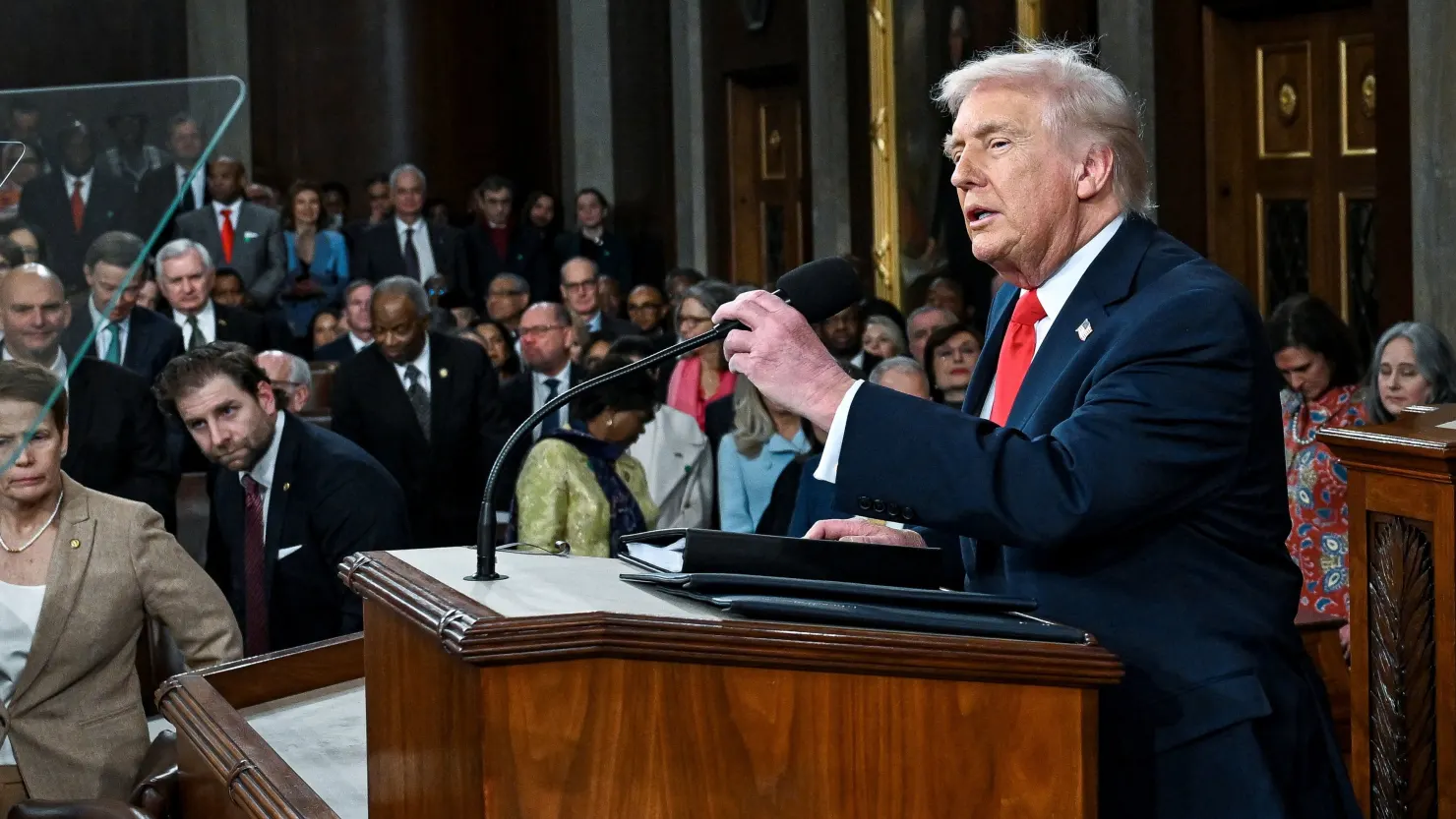A court in Thailand is about to decide whether former prime minister Thaksin Shinawatra, one of the country’s most influential and polarizing figures of the last 25 years, violated the nation’s strict lese-majeste law.
The case stems from an interview Thaksin gave to a South Korean newspaper back in 2015, where he spoke about the 2014 military coup that removed his sister, then-prime minister Yingluck Shinawatra, from power. Under Thailand’s royal defamation law, a conviction can bring up to 15 years in prison.
Though Thaksin no longer holds office, he remains central to Thailand’s political battles. The verdict, expected Friday, could shape his relationship with the royalist establishment and reignite tensions.
Legal scholar Verapat Pariyawong from the School of Oriental and African Studies in London said the case carries huge political weight. If acquitted, Thaksin could frame it as proof of loyalty to the monarchy, countering long-standing accusations from rivals. A guilty verdict, however, might fuel new political conflicts and complicate other pending cases against both Thaksin and his daughter, suspended prime minister Paetongtarn Shinawatra.
Meanwhile, his daughter Paetongtarn is also fighting her own legal battle. She was suspended as prime minister last month after a leaked phone call with former Cambodian leader Hun Sen sparked controversy. During the call, she addressed him as “uncle” and criticized a Thai army commander — comments that critics said crossed ethical lines.
A ruling in her case is expected on August 29, and it could see her permanently removed from office.
Thailand’s political scene has long been shaped by the Shinawatra family’s influence, and these upcoming verdicts will play a decisive role in what direction the country takes next.










The latest news in your social feeds
Subscribe to our social media platforms to stay tuned